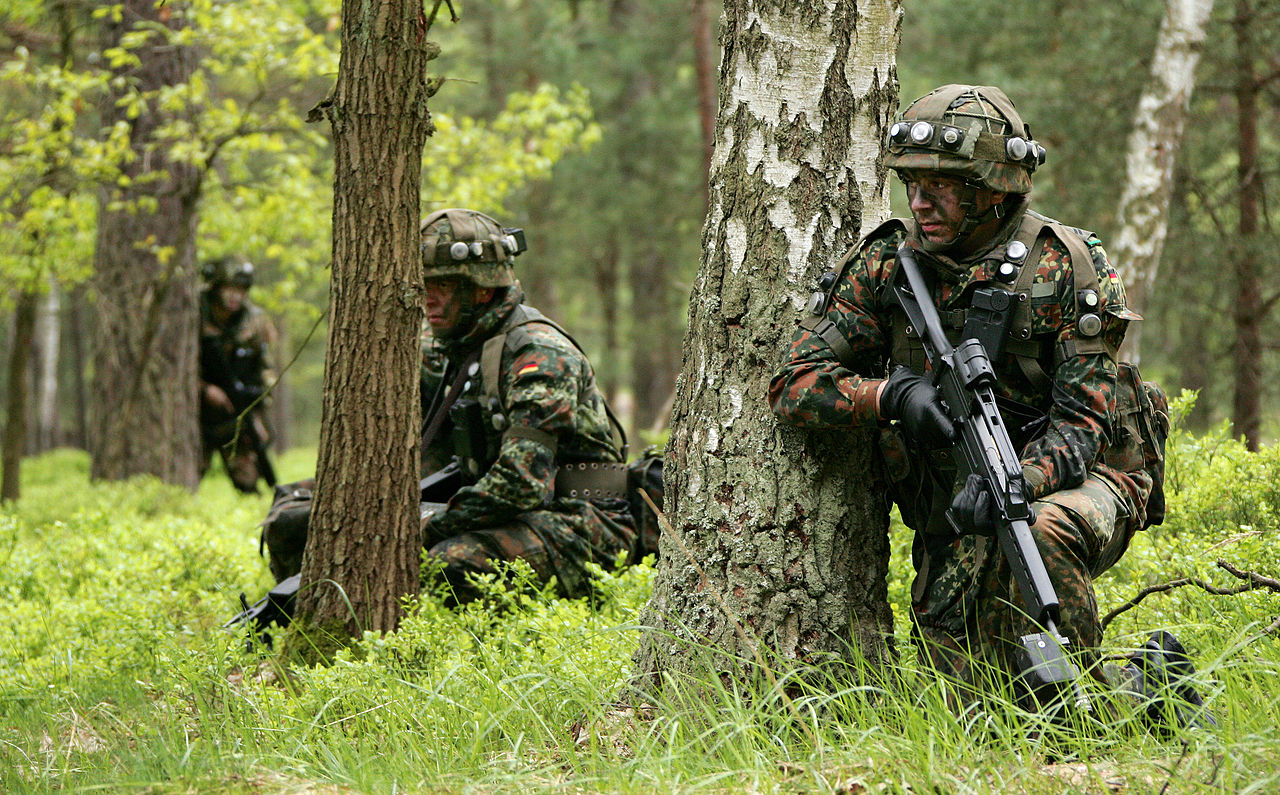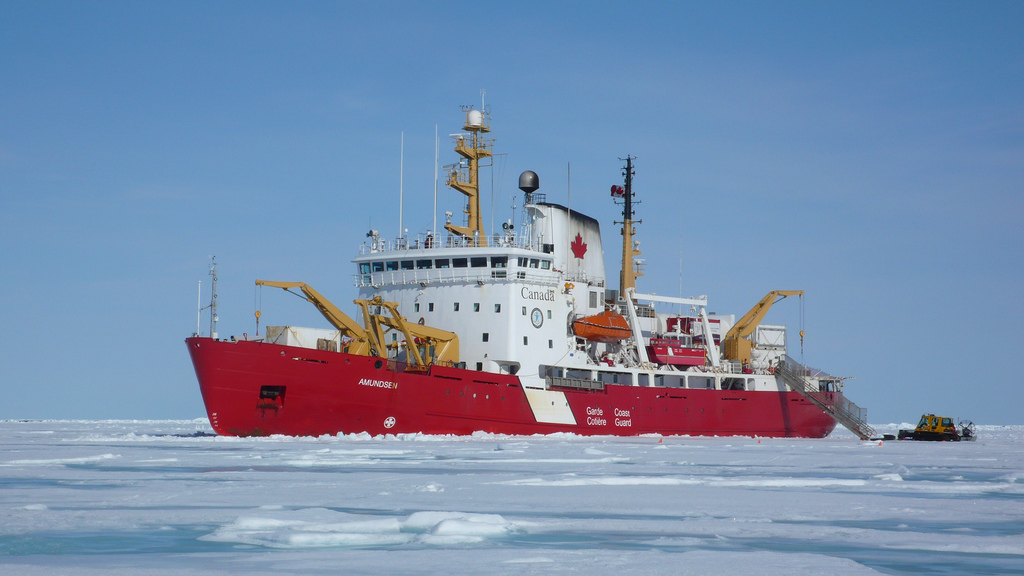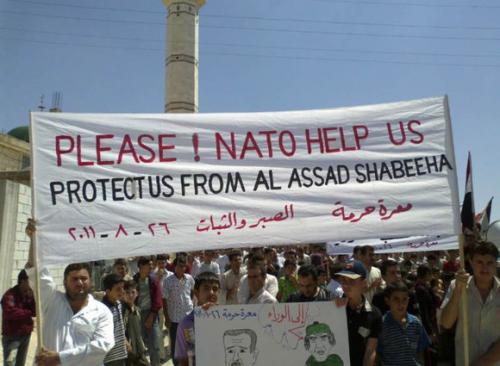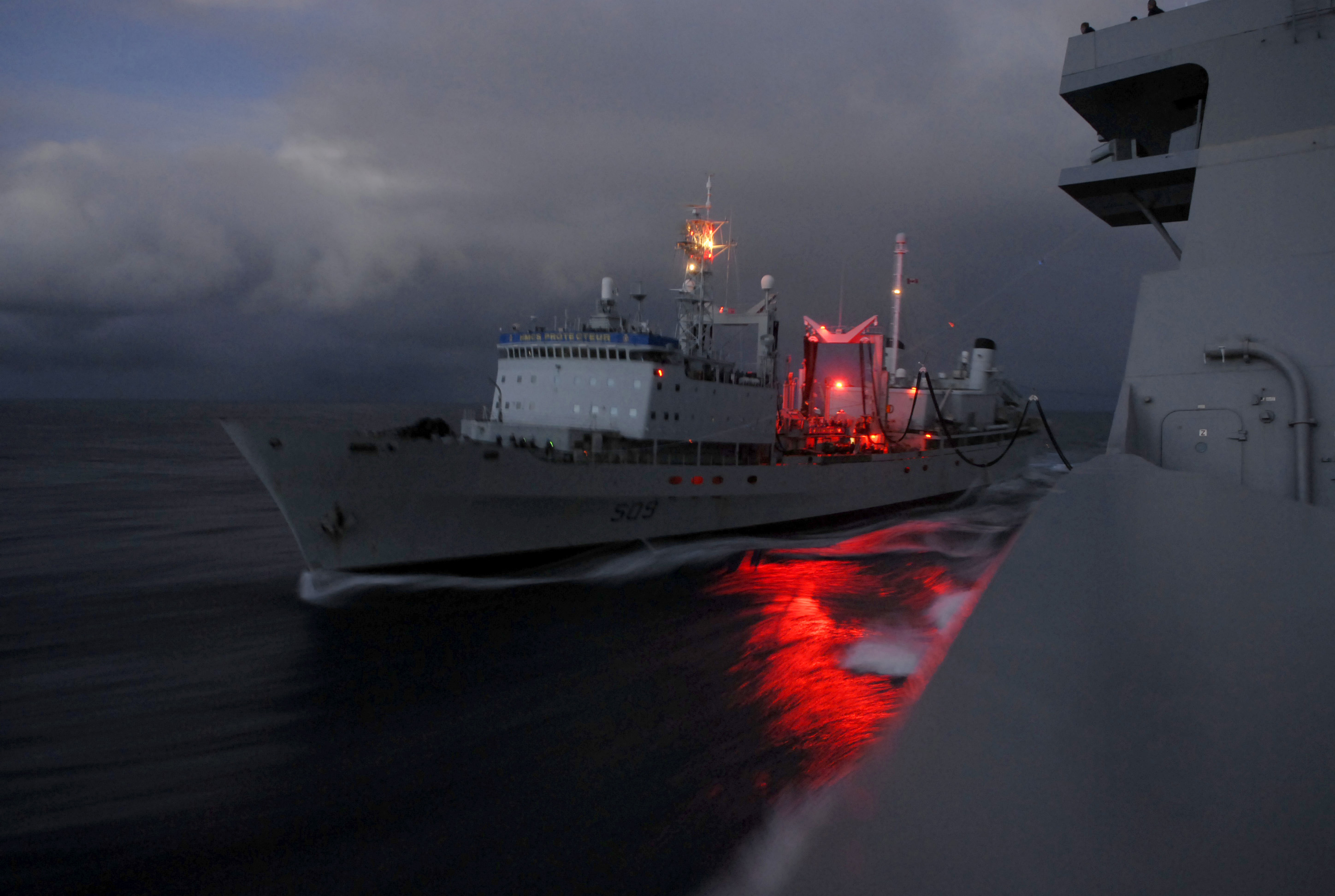The threats from Russia and the Islamic State prompted a German response that could mark a turnaround for Germany’s role on the European continent. For the first time in 25 years since the end of the Cold War, Germany will expand its military and defense capabilities by adding 14,300 soldiers and 4,400 reservists by 2023. Germany’s Defense Minister Ursula von der Leyen said “That is a turnaround for us. We need to move away from a process of permanent shrinkage. A quarter century of shrinking is over. It is time for the Bundeswehr to grow again.”
According to Von der Leyen, the German army needs to expand and modernize in all areas in order to address the confrontation with Moscow and the fight against ISIS. It is expected that Germany will focus on increasing and modernizing its naval capabilities, improving air surveillance, and establishing cyber defense units that will protect the country’s infrastructure. The first year of expansion should result in an increase of military spending by €700 million. And overall, military spending is expected to grow from €34.3 billion in 2015 to €39.2 billion by 2020.
Germany’s decision is welcomed by NATO allies and especially by the United States. During his visit to Germany in late April, US President Barak Obama warned Europe against complacency when it comes to defense and said that European allies should contribute their full share towards common security. In this light, military expansion by a key NATO member indicates that allies are stepping up their defense efforts.
At the same time, German political culture is undergoing an important paradigm shift. The German leadership is becoming more and more comfortable with the idea of Germany’s taking more responsibility for European security and becoming more assertive in global affairs. In addition, future military expansion will seal Germany’s role as a leader on the continent, because it would add military dimension to Germany’s de facto political and economic dominance in Europe.
Some critics would like to raise concerns over growing German power due to fears rooted in the experience of two World Wars. Could growing German power eventually become a challenge on its own? However, the answer is “no.” NATO was confronted by the same dilemma in the past. In the early 1950s NATO felt it needed to recreate the German army in order to deter the Soviet threat and integrated Germany into NATO and European institutions. The strengthened power of a fully integrated Germany will only translate into a growing power of the Alliance.
Germany’s assertiveness may come as a surprise to many, because it was widely believed that after the catastrophic experiences of the two World Wars, Germany had lost its appetite for political and military engagements in foreign policy. Furthermore, Eastern Europe served as a buffer between Russia and Germany, thus eliminating the need for an active security policy. German leadership was focused on internal issues, while German business reaped the benefits of investment and trade with Russia. As a result of these factors, Germany was seen as rather inert or in favor of good relations with Russia.
It seems however, that the situation is changing dramatically. After the annexation of Crimea and war in Eastern Ukraine, the relations between Berlin and Moscow are sinking to the lowest point since the end of the Cold War. The German government has recently updated its defense guidelines called the White Paper stating that Russia “is no longer Germany’s partner, but its rival and one of the main threats.” It has expressed its deep concern over hybrid tactics used by Russia “to blur boundaries between war and peace” and “subversive activities in other countries.”
Germany’s relations with Russia are also suffering as a result of frequent cyber-attacks. The domestic intelligence agency (known as BfV) has reported that government, corporate, and educational facilities were under a “permanent threat” of sabotage from Russian intelligence agencies. Hans-Georg Maassen, president of the BfV recently stated that Russian intelligence agencies were behind a massive cyber-attack on the Bundestag which caused severe damage last year.
Apparently, Moscow’s actions and rhetoric finally convinced the Germans that the threat is real. Destabilization and Russian influence in the Baltics and Poland could pose a direct threat to Germany’s national security. The German leadership is beginning to recognize that danger. The basic necessity of protecting Poland and the Baltic region leaves Germany no choice but to increase its military power and become more assertive in its foreign policy. Consequently, we are observing Germany’s shifting away from its pacifist policies and starting to play a leading role in European security.
An internationally recognized geopolitical strategist and forecaster George Friedman once prophetically noted (“The Next 100 Years,” 2009) that “Internally, Europe is inert, still in shock over its losses. But external forces such as Islamic migration or Russian attempts to rebuild its empire could bring the old fault line back to life in various ways.” Did the migration crisis and the war in Ukraine bring back old European insecurities? Is Russian imperial ambition propelling Germany back into its traditional role?
Photo: German Mechanized Infantry (2010) by Bundeswehr/S.Wilke via Wikimedia Commons. Licensed under CC BY 2.0.
Disclaimer: Any views or opinions expressed in articles are solely those of the authors and do not necessarily represent the views of the NATO Association of Canada.




